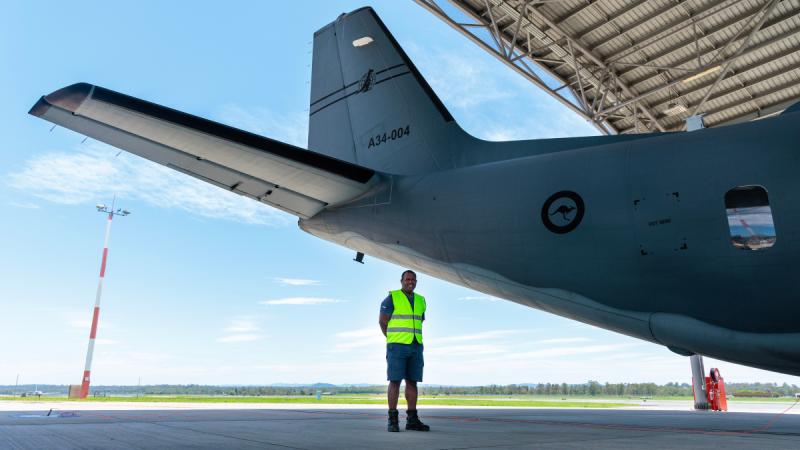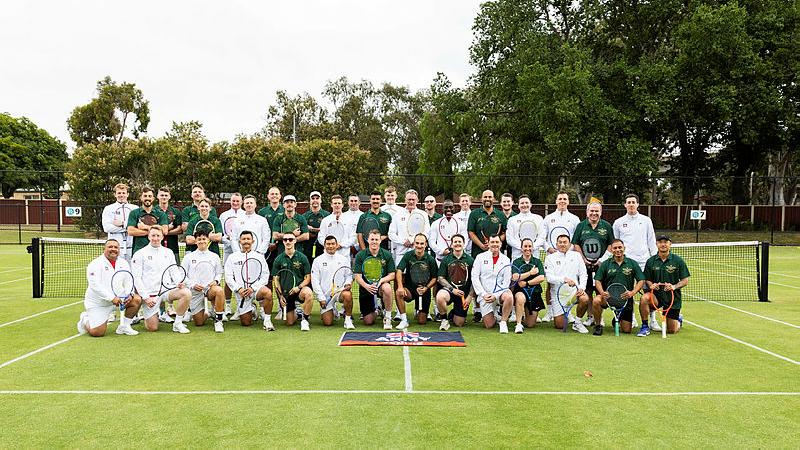26 November 2025
Australian maritime security specialists joined Bruneian counterparts for a Maritime Security Workshop hosted by the Royal Brunei Navy from November 12 to 13.
The Indo-Pacific Endeavour 2025 event brought together senior Bruneian officials – including from the Attorney General’s Chambers and Fisheries Department – Royal Brunei Armed Forces personnel and law enforcement officers to exchange lessons on maritime domain awareness and maritime security challenges.
Australia was represented by Australian National University’s National Security College experts Commodore Peter Leavy and Jennifer Parker, and Australian Border Force First Secretary (Philippines) Inspector Joeline Arentz, who shared insights on maritime security threats, integrated maritime operations, policy and legal frameworks, and border enforcement strategies.
The dialogue focused on key priorities including enhancing maritime domain awareness through increased understanding of the environment, growing technology and improved information-sharing platforms.
Discussion also covered countering transnational maritime threats – such as piracy, illegal fishing and narcotics smuggling in the South-East Asian region – and strengthening collaborative regional relationships through joint operations, capability sharing and formalised policy frameworks.
Commodore Leavy highlighted the importance of collaboration.
“Maritime security is a shared responsibility,” he said.
“By working together, we can ensure safe and open sea lanes that underpin regional stability and prosperity.”
'Exchanging lessons helps both countries secure our respective maritime resources for future generations.'
Australian High Commissioner to Brunei Michael Hoy said: “Indo-Pacific Endeavour working groups like this help bring together representatives from across governments with a stake in maritime security. Exchanging lessons helps both countries secure our respective maritime resources for future generations.”
Ms Parker contributed expertise on maritime strategy and multilateral coordination, including how understanding the maritime domain resulted in the ability to respond effectively.
Inspector Arentz provided operational perspectives on border enforcement and inter-agency cooperation, highlighting that effective deterrence and interdiction of vessels required multi-agency input and standardised procedures.
The two-day workshop concluded with a commitment to regional partnership through joint exercises, capacity-building programs and enhanced interoperability.
Participants looked forward to future cooperation to safeguard blue economy interests and respond to new maritime security challenges.


